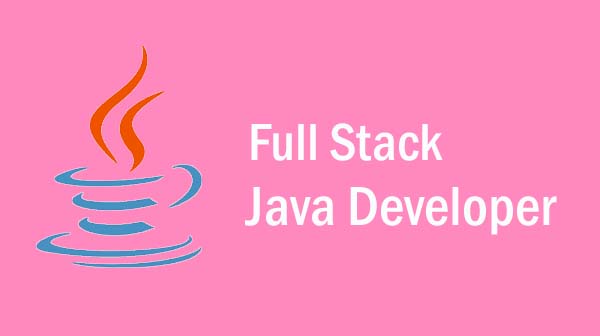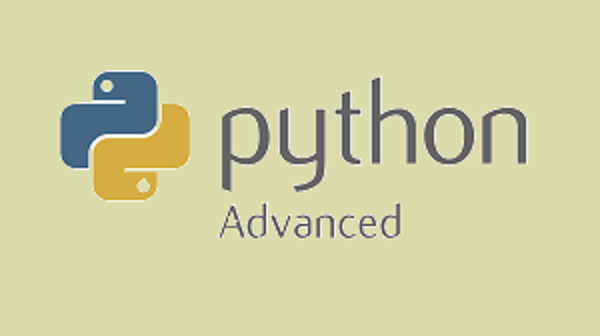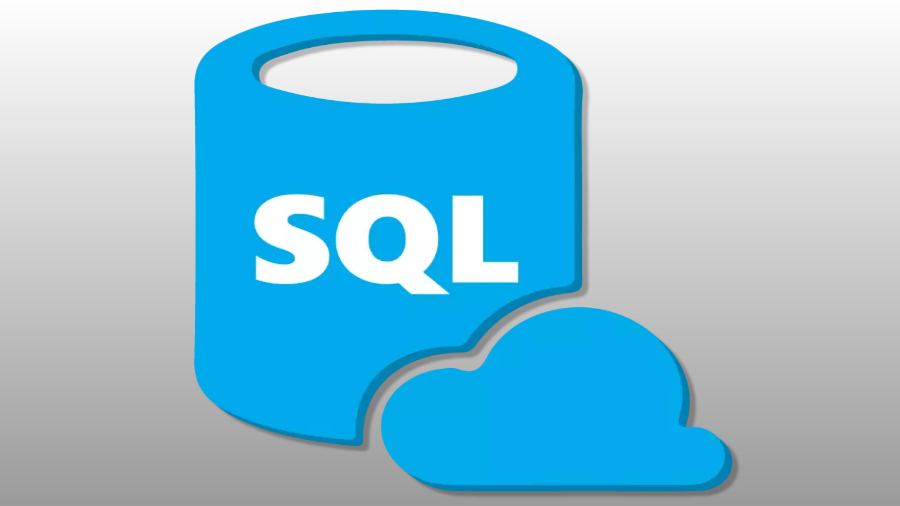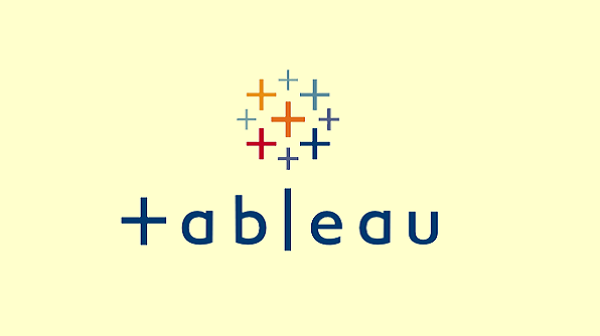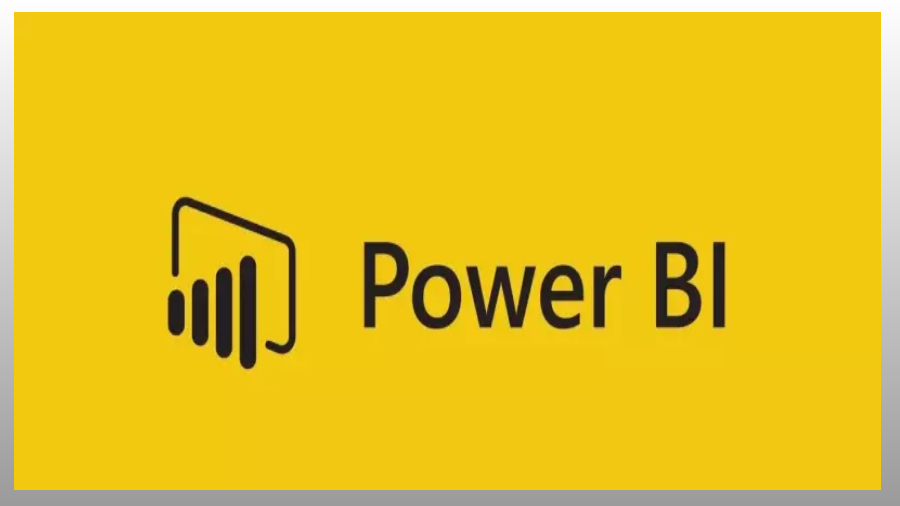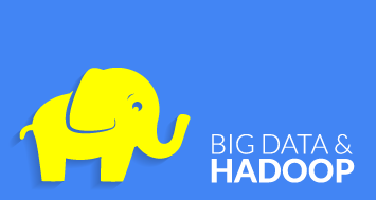Become Full Stack Java Developer
Elevate your career with Java Full Stack Development from WiFi Learning! Dive deep into Java programming, front-end, and back-end technologies to become a versatile developer. Our immersive courses offer hands-on projects, expert guidance, and personalised support, empowering you to build robust web applications. Enrol now and unlock your potential in the dynamic world of Full Stack Development.